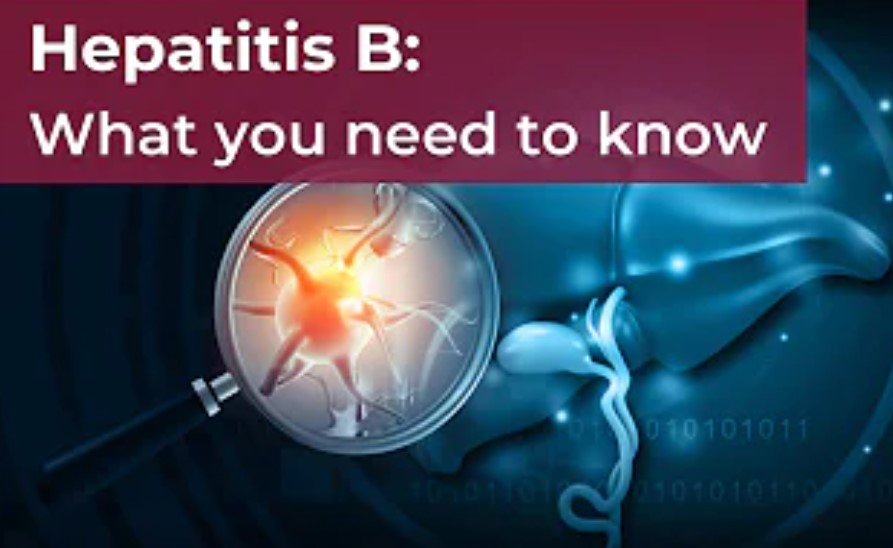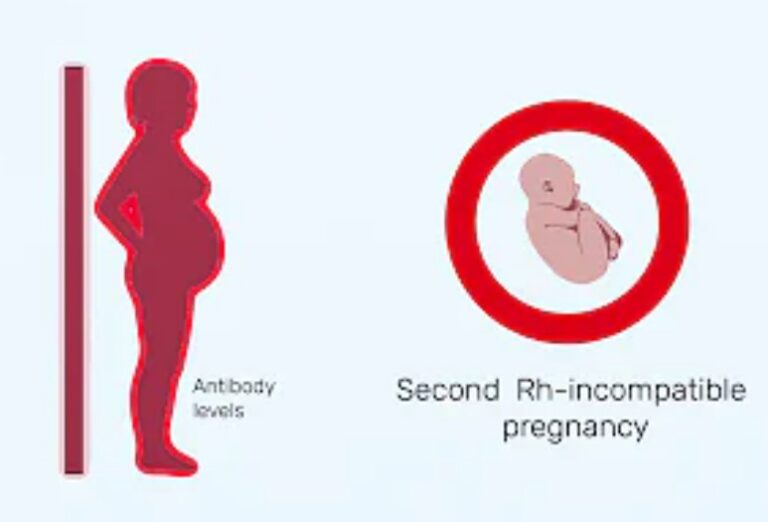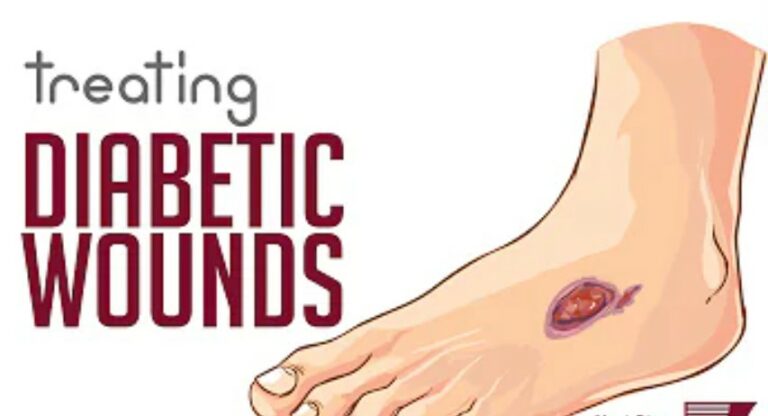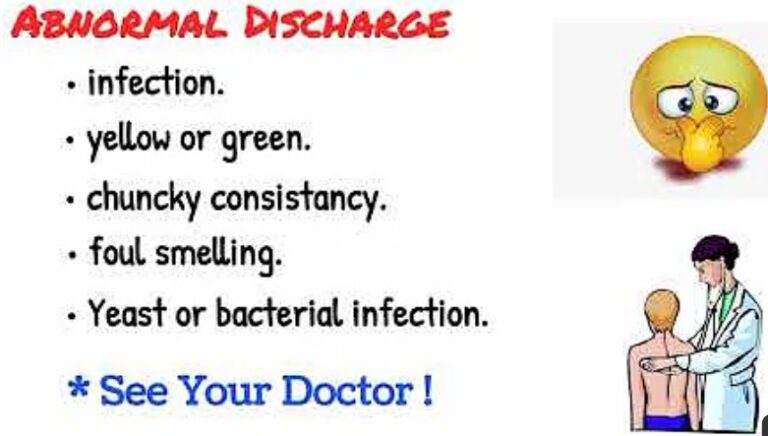Hepatitis B: 6 Things You Should Know
Hepatitis B is a disease of the liver caused by infection with a virus known as the Hepatitis B virus. This virus can be transmitted through sex, blood transfusions, sharing sharp objects, etc.
The disease can kill very slowly and there is currently no cure for Hepatitis B, hence, prevention is very important. There is an available Hepatitis B Vaccine that has been recommended for everyone to help protect themselves against the virus. You can read more about hepatitis here.
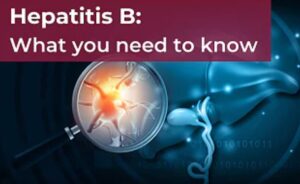
In this post, I want to share with you six (6) very important things that I believe you should know about this deadly disease of the liver. They include;
- Extremely infectious
- Multiples in the liver
- May show no symptoms
- Can be Prevented by Vaccination
- Can be treated
- You can live a long life if treated
Extremely Infectious:
Extremely Infectious: Hepatitis B is a very infectious virus. It can easily be transmitted much more than HIV & when this happens, it is not easy to recall exactly when, where, or how you got infected with Hepatitis B.
Unlike HIV, where you could remember unprotected sexual intercourse that might have been the source, or a blood transfusion you had recently in the past, those with hepatitis B could be infected from a little cut they had on the scalp when they went to cut their hair at a nearby barber’s shop with a general clipper that wasn’t sterilized after each use!
Yes, it is that serious. Hepatitis B can spread through;
- Unprotected Sex: this is the most common way by which the disease is transmitted. Always use barrier contraception (condoms) during sexual intercourse.
- Blood Transfusion: exposure to the blood of infected people through blood transmission would lead to contracting the disease. Fortunately, every hospital has to screen blood for this and other infectious diseases before any blood is accepted for transfusion. Hence, this practice has decreased the transmission of the disease through this means.
- Mother to child during childbirth: it can be transmitted from a mother to her unborn child in the womb or at childbirth, hence, it is important to place Hepatitis B-positive mothers on medications to reduce their viral load and hence decrease their chances of transferring the virus to their unborn baby.
- Unsafe body piercings: such as ear & nose punctures as well as tattoo drawings can be a means of getting infected with the disease when these instruments are not sterilized.
- Sharing sharp objects such as needles (for IV drug addicts), razors even toothbrushes. A lot of people have bleeding gums, and you should have your toothbrush.
Multiplies in the Liver:
Second, once infected, the Hepatitis B virus migrates to the liver where it multiplies rapidly, and causes inflammation and damage to liver tissues. Hence, individuals with long-standing untreated hepatitis can develop other liver problems like cirrhosis, cancer, or failure.
May Show no Symptoms:
Commonly, Hepatitis B in infected people causes fever, fatigue, nausea, vomiting, dark urine, abdominal pain, and jaundice (yellowness of the eyes). However, many infected people may not show any symptoms of the disease despite carrying the virus. They look well like every other person.
Despite being asymptomatic, they can still transmit the disease to others, hence, the need to always practice preventive measures at all times.
It Is Preventable:
Hepatitis B can be prevented, and there are different ways and methods of achieving this.
The most important method is the use of the hepatitis B vaccine. The vaccine was introduced in the year 1995, hence, those born before that year certainly did not get the vaccine in childhood. Those born after that year still need to be sure about their status.
Vaccines are only meant for individuals who are not yet infected.
What is the Cost of a Hepatitis Vaccine/How Much is a Hepatitis Vaccine in Nigeria?
The cost of the Hepatitis B vaccine in Nigeria depends on the location. In some tertiary centers, for example, at UNTH, JUTH, etc the vaccine costs just N1,500 for a full 3 shots of the vaccination. You can make inquiries at the nearest hospital to you on the cost of the vaccination.
How do I Screen For Hepatitis/Know my Status?
To know your hepatitis status, you would have to undergo a blood test where some samples would be taken & screened for the presence of hepatitis antibodies. This can also be done at these tertiary health centres like teaching hospitals & FMCs.
How much is the Hepatitis B Screening Test?
The cost of the test depends on the location you are in. In some places, the hepatitis B screening test (HBsAg) costs an average of between N500-N1,000. The cost might be higher in private facilities and laboratories.
What do I do after Testing?
What you would do after the test depends on the results of the test.
If you tested positive for the HBs antigen, it means that you’re infected & would need to go and see your doctor, to receive the right medication to help you manage the condition, reduce transmission and live a long normal life. If you tested negative for the HBs antigen, it means you’re not infected & can proceed to receive the Hepatitis B vaccine.
Once again, the vaccine is only given to;
- individuals who have not been infected, &
- individuals who have recovered fully from the disease.
For a complete vaccination, 3 shots of the vaccine would be given at 4-week intervals, hence, the full dose would be completed in 3 months.
Can be Treated:
Next, Hepatitis B can be treated! I did not say can be CURED. Treatment is different from cure. Treatment only helps you manage the condition, and reduce your viral load and ability to infect others.
You should see your doctor for treatment with effective antivirals when needed.
Normal Life:
Finally, that you got confirmed to have Hepatitis B does not mean you are going to die. No, it is not a death sentence!. People infected with hepatitis can live a long and comfortable life just like every other person as long as they adhere to their medications.
Often, Hepatitis B is a chronic medical condition just like diabetes and high blood pressure. It can be successfully managed if you take good care of your health.
How to Care For Your Liver
Here are some things you should do to care for your liver if you have Hepatitis B;
- No alcohol: Avoid alcohol. When you take alcohol, it gives the liver much work to do in removing it from the body. Don’t forget that the liver is already working under duress.
- No unsafe sex: always practice the use of condoms to reduce transmission of the infection and to also avoid contracting a more deadly STI.
- No drug abuse: just like alcohol, it is the liver that removes the drugs we take from our body, and at this point, the liver does not need extra work.
- No sharing sharps/brushes: This helps to reduce transmission of the virus or possibly contact with a more deadly virus.
- No eating stale ground nuts/bread: this helps to prevent contacting some of the organisms that can cause liver cancer.
- Lose weight if you’re fat or obese.
- Take Hepatitis C & A vaccines
- Take your Hepatitis B drugs religiously
A lot of people die from complications of Hepatitis B due to ignorance, not because something could not be done. This shouldn’t happen to anyone else.
Spread the message!!
Have any questions about this disease? Feel free to use the comment box below to ask your questions, and I’ll get back to you as soon as I can.
